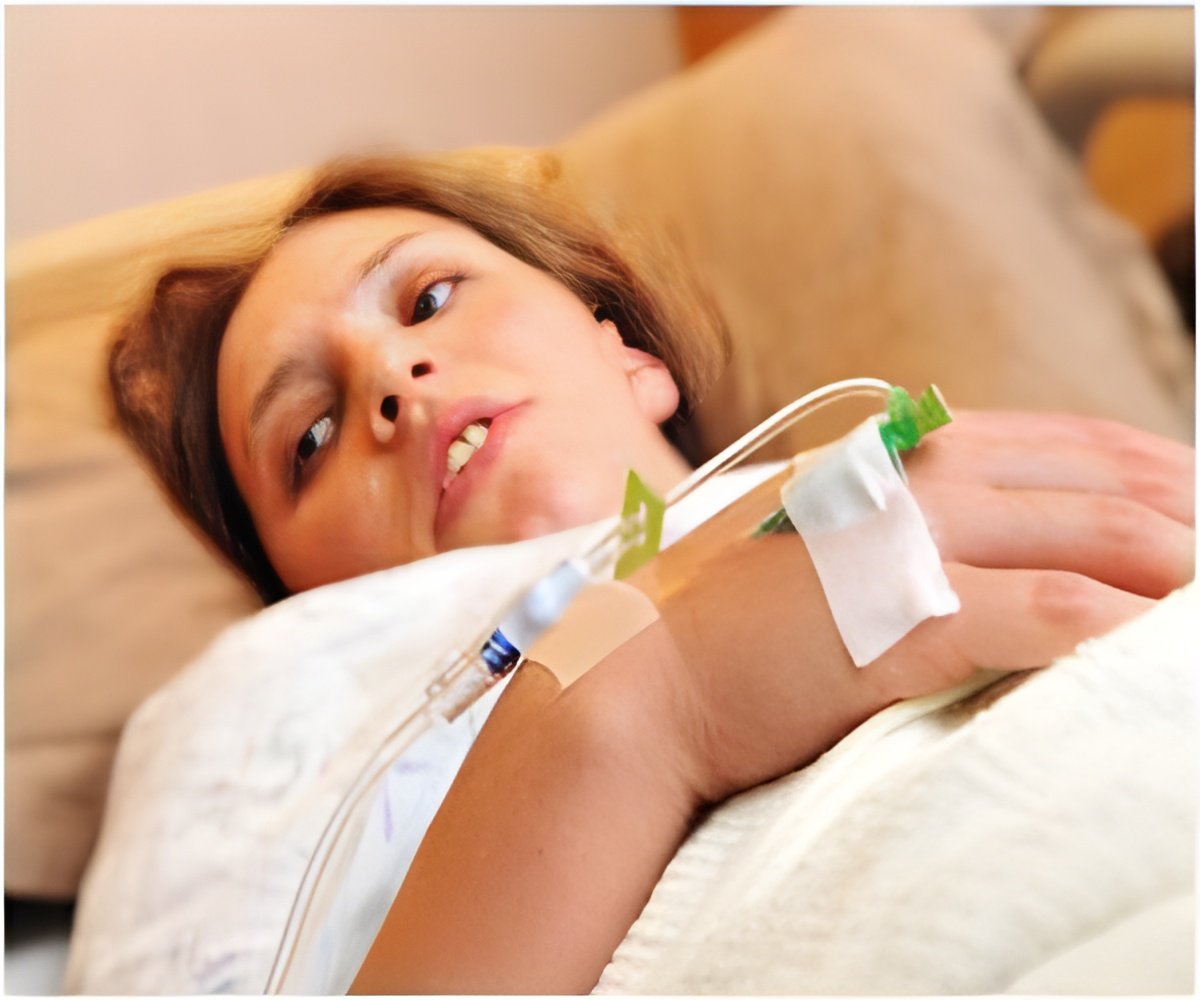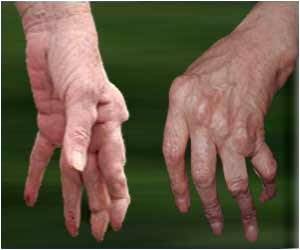A new study suggests that the biologic agent adalimumab may be a viable treatment option for patients with steroid-resistant refractory pediatric uveitis.

Uveitis in children is relatively rare but left unchecked it can impair vision and even lead to blindness or other serious complications. Frequently occurring in conjunction with other conditions such as juvenile idiopathic arthritis (JIA), pediatric uveitis is a chronic condition requiring long-term therapy. While corticosteroids are the first line of treatment, children may become resistant to the medications, develop significant side effects, or resist periocular administration. Studies show that about one third of children with uveitis develop one or more complications. Children with JIA-associated uveitis are especially prone to cataracts, band keratopathy, glaucoma, and phthisis. When complications threaten vision, urgent surgery may be necessary.
The goal of the study was to evaluate the effect of adalimumab on eye inflammation in children with refractory pediatric uveitis. Adalimumab is a recombinant human IgG1 monoclonal antibody to TNF-α that also affects TNF-α bound to receptors. Fifteen patients (12 female, average age 12 years) with either JIA-associated, idiopathic, or familial juvenile systemic granulomatosis (Blau syndrome) participated in the study. All children had previously been treated with systemic steroids and methotrexate, and a few of them had also failed to respond to immunosuppressive therapies such as cyclosporine and azathioprine, as well as the biologics etanercept and infliximab.
After subcutaneous injection with adalimumab (the dosage depended on weight) every two weeks for an average of 32 months, 85.7% of patients showed improvement of anterior/posterior chamber inflammatory activity, usually after six weeks of treatment. Adalimumab treatment was considered effective according to Standardization of Uveitis Nomenclature (SUN) Working Group grading criteria in 60% of patients although four patients failed to respond at all. Efficacy tended to ebb over time.
"The results of the present study suggest that adalimumab is a reasonable first biological agent in cases of refractory noninfectious uveitis in children with good results and a reasonable side effect profile," said lead investigator Luciano Bravo Ljubetic, MD, of the Ophthalmology Service of the Instituto de Investigacion Hospital Universitario La Paz (Spain). Only minor injection-site side effects were observed.
Journal of AAPOS Senior Associate Editor William V. Good, MD, commented, "Over 294,000 children are afflicted with juvenile idiopathic arthritis. For decades, uveitis associated with JIA has been treated with topical eye steroid treatment. While local therapy remains an important component of treatment, the study by Bravo-Ljubetic and colleagues demonstrates that new systemic therapies help control both joint disease and eye disease. The expectation is that as systemic therapies improve, the rate of blindness and eye-related complications will decline."
Advertisement













